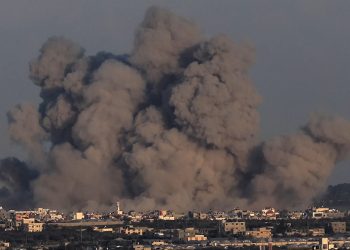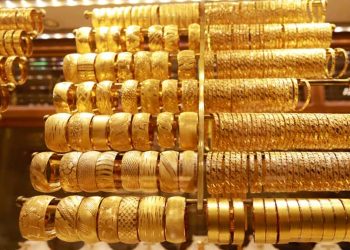The birth anniversary of revolutionary poet and left-wing activist Habib Jalib is being observed today to remember his struggle against oppression and societal injustices.
He opposed military coups and administrators and was duly jailed several times but continued his struggle opposing martial law, authoritarianism and state oppression. He was a progressive writer and grabbed the audience with his enthusiastic recitation of poetry. He wrote in plain language, adopted a simple style and addressed common people and issues.
He devoted his entire life for democracy and challenged the dictators by reciting the famous poem ‘Aise Datoor Ko Subha E Be Noor Ko Mein Nahin Maanta’ (I refuse to acknowledge, I refuse to accept).
Jalib’s poetry still teaches people to stand firm on the truth. He spent his life in prisons and faced police brutality in the hope of revolution. He raised a voice against the prevailing traditions in society in many ways and could turn complex socialism ideas into politics, poetry, and satire.
The government of Pakistan awarded him the country’s highest civilian honor, the Nishan-e-Imtiaz, sixteen years after his death, making it the first time a literary personality was been given the civil award.
Habib Jalib’s real name real name was Habib Ahmed. He was born on 24 March 1928 in a village near Hoshiarpur, British India. He passed the 10th class examination in New Delhi. He migrated to Pakistan after the partition and settled in Lahore. He was initially influenced by Jigar Murabadi and used to sing traditional ghazals. He also remained associated with journalism and worked as a proofreader for a newspaper in Karachi.
He became a revolutionary poet after being influenced by the All India Muslim League led by Quaid-e-Azam. Military ruler Ayub Khan announced elections in 1962 but the opposition united against him and declared Fatima Jinnah as their representative. Jalib joined the protest by his poem titled ‘Mother’.
When Benazir Bhutto returned to Pakistan for the first time after her long exile, he illustrated this situation in his poem ‘Nahatti Larki’. He also endured the oppression of Zia-ul-Haq during the days of struggle. He remained close to Benazir Bhutto. In one protest during a draconian law against women, he was beaten with sticks and the picture was captured on camera.
Five collections of his poems have been published namely ‘Berg-e-Aura,’ ‘Sir Muqtal,’ ‘Ahd-e-Satam,’ ‘Zikr Bahte Khoon Ka’ and ‘Goshe Mein Kafs Ke.’ These collections indicate that he has addressed public issues and the people’s oppression in his poetry. He passed away on March 12, 1993.



































